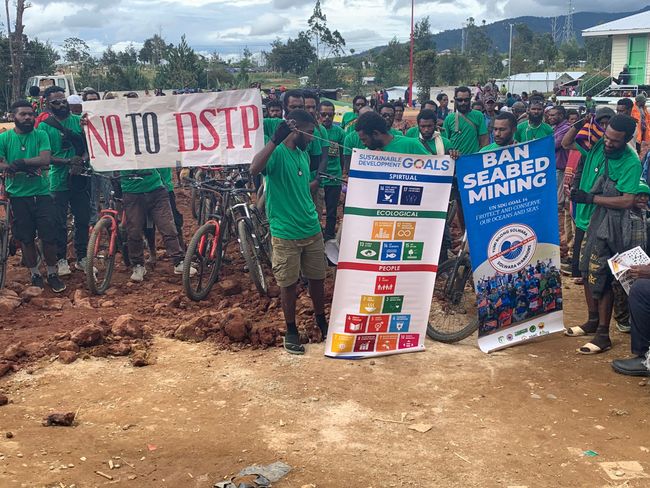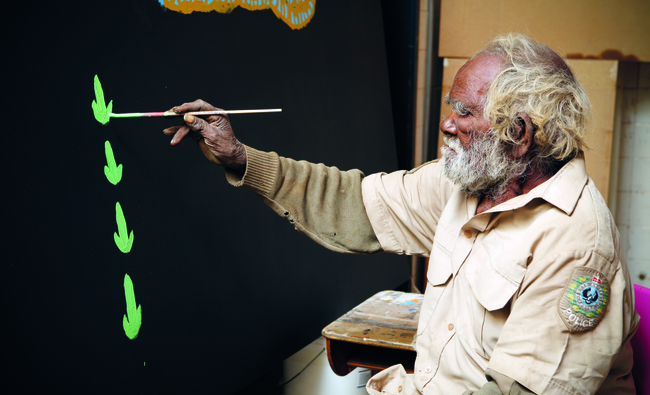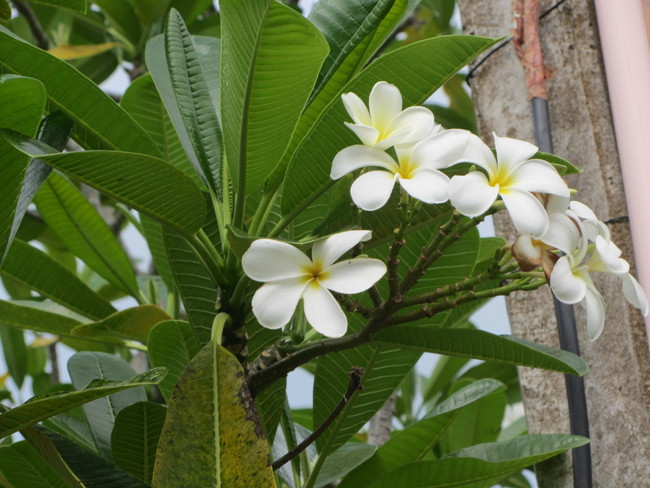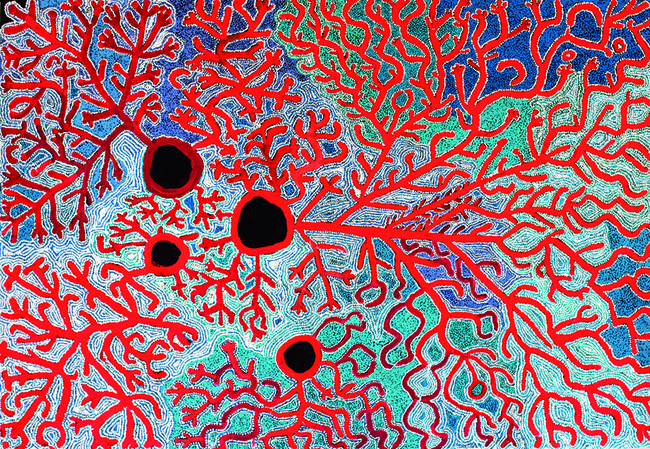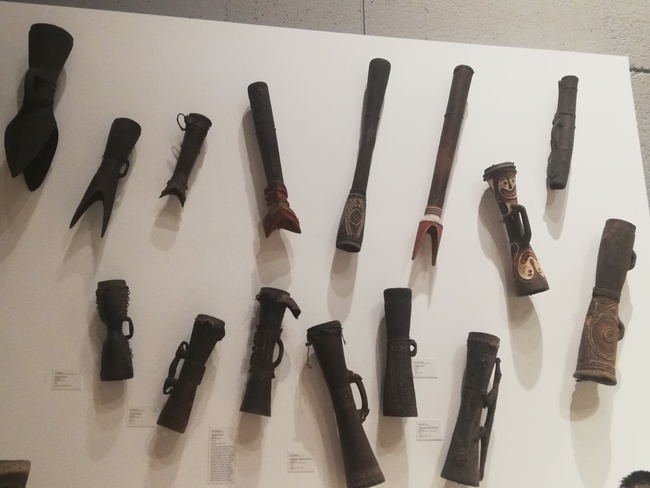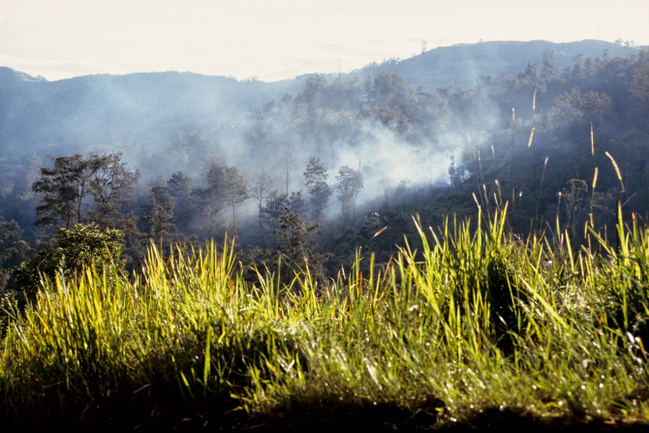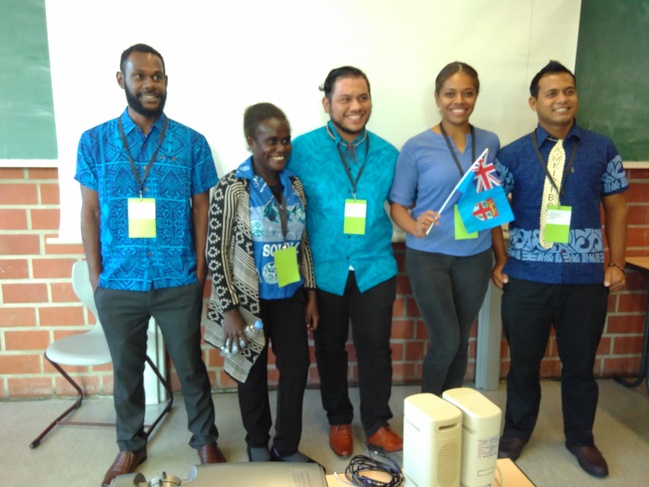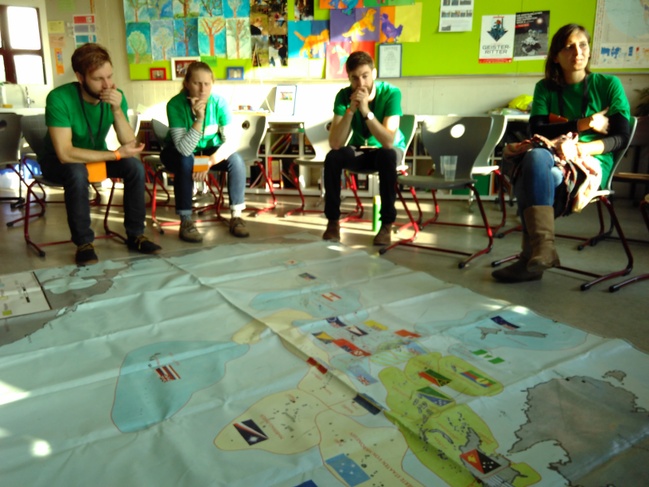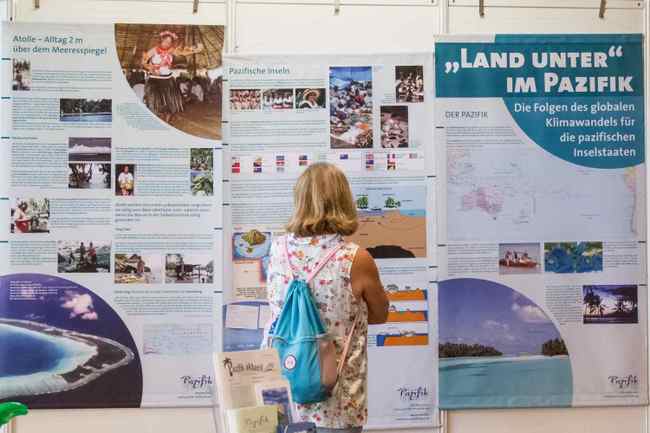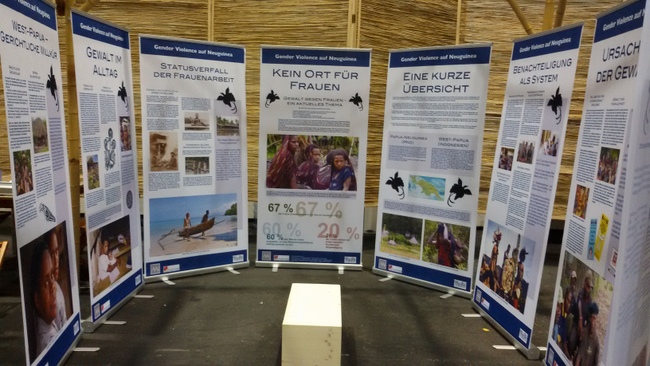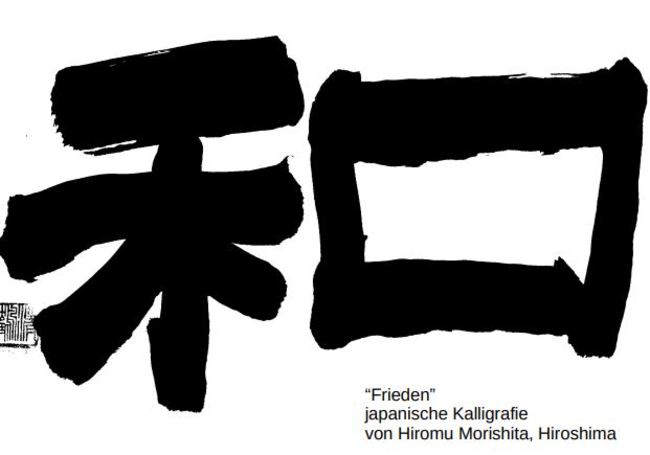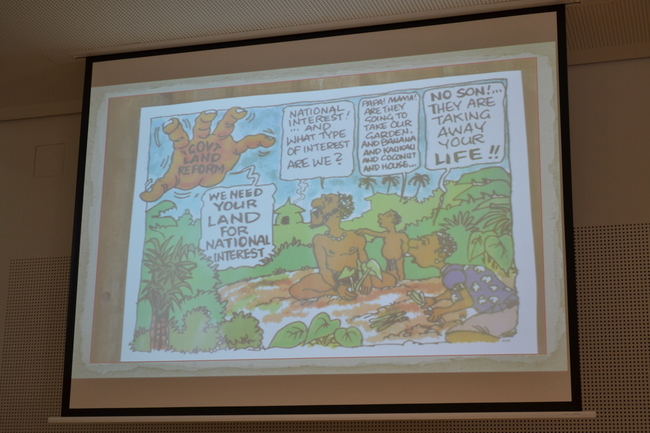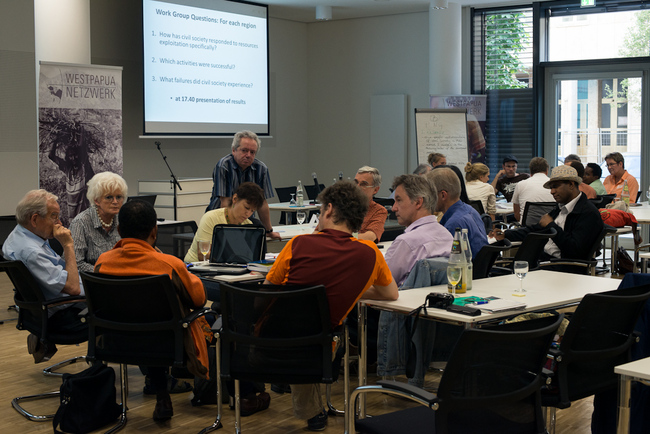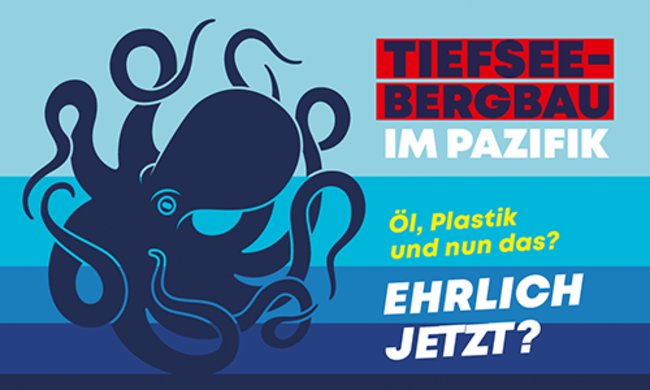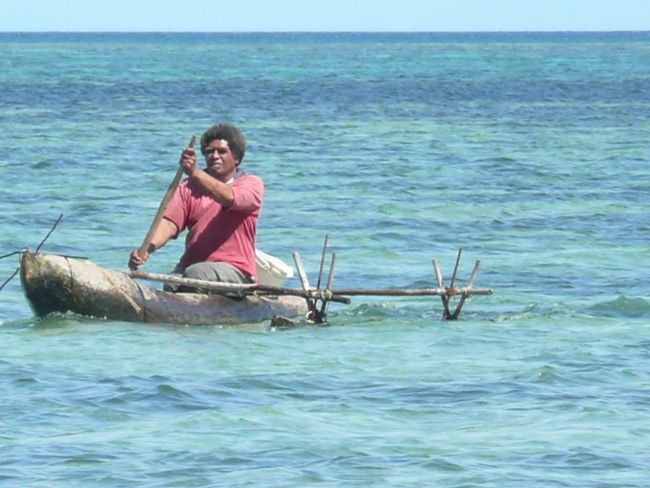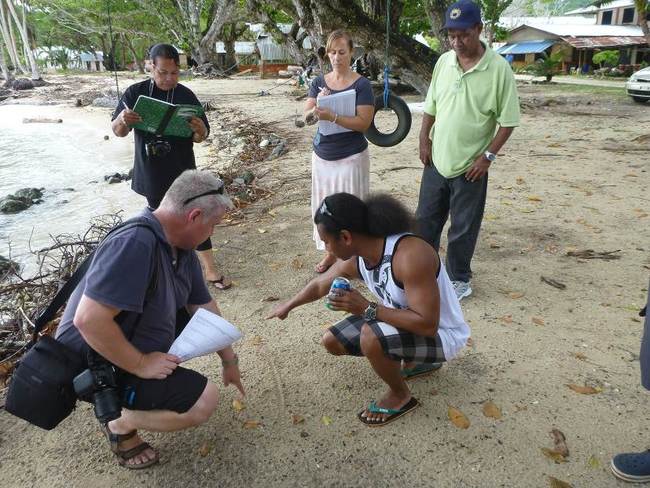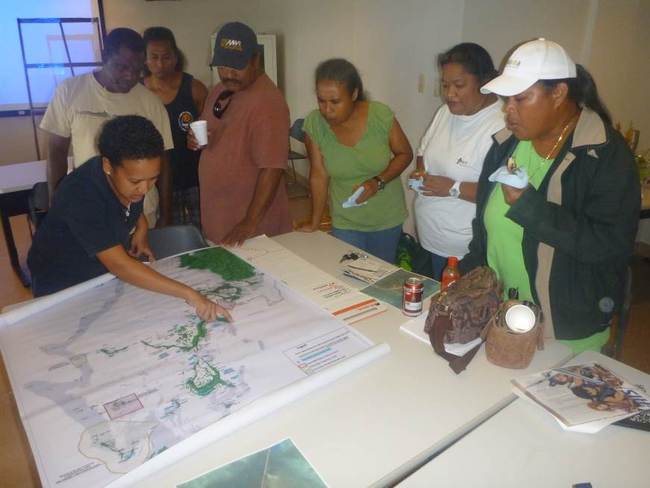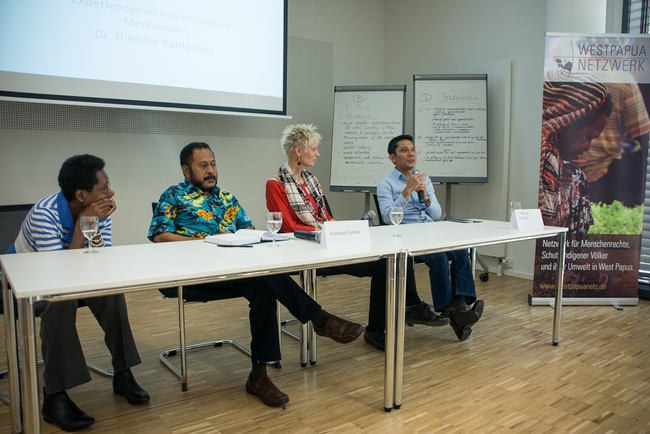| 27.02.2026 |
|
Extraktivismus in Ozeanien: Wirtschaftliche Entwicklung, Bergbau und Rohstoffe - Pazifik-Jahrestagung vom 27.02. bis 01. März 2026, Flussschifferkirche, Hamburg
|
| 23.02.2026 |
|
Machen Sie mit beim Gedichtwettbewerb! - Lyrik-Wettbewerb von "Rettet den Regenwald"
|
| 17.02.2026 |
|
Was hat der Konflikt um Grönland mit den mikronesischen Staaten zu tun? - Eine Analyse von Oliver Hasenkamp, Vorstandsmitglied Pazifik-Netzwerk, Berlin
|
| 17.02.2026 |
|
Außenminister Wadephul in Tonga: Deutschland will die Zusammenarbeit mit dem Pazifik stärken und ein strategischer Partner für den Pazifik sein - Ein Beitrag von Oliver Hasenkamp, Vorstandsmitglied Pazifik-Netzwerk, Berlin
|
| 10.02.2026 |
|
Wandbild zu SDG 14 in Hamburg aufgehängt - Künstlerin aus PNG gestaltet Bild zu "Leben unter Wasser"
|
| 05.02.2026 |
|
Australia: Save Barrambin - Online-Petition von Avaaz
|
| 26.01.2026 |
|
Nukleares Erbe im Pazifik: Eine Pazifikreise zwischen Atomtestfolgen, Freiheitskämpfen und Klimakrise. - Vortrag in Hamburg
|
| 09.01.2026 |
|
Zum Tod von Jochen Motte - Das Team der Pazifik-Infostelle trauert um einen Fürsprecher für die Menschenrechte im Pazifik und weltweit
|
| 08.01.2026 |
|
Jahreskalender 2026 jetzt zum Sonderpreis - Noch gibt es Exemplare unseres beliebten Jahreskalenders- schnell bestellen
|
| 18.12.2025 |
|
Pazifik Rundbrief Dezember 2025 (Nr. 142) - Forum- Analysen- Berichte- Meinungen- Information
|



